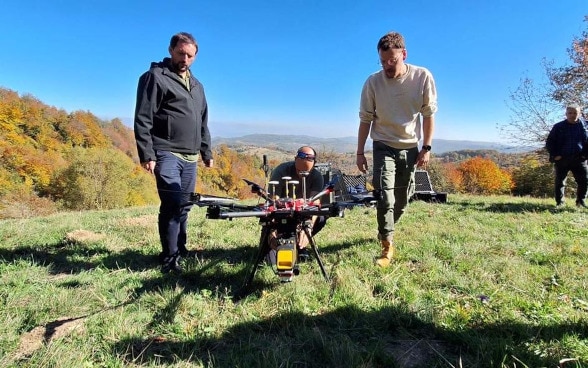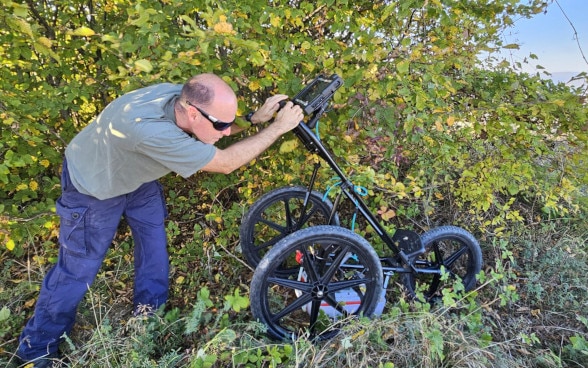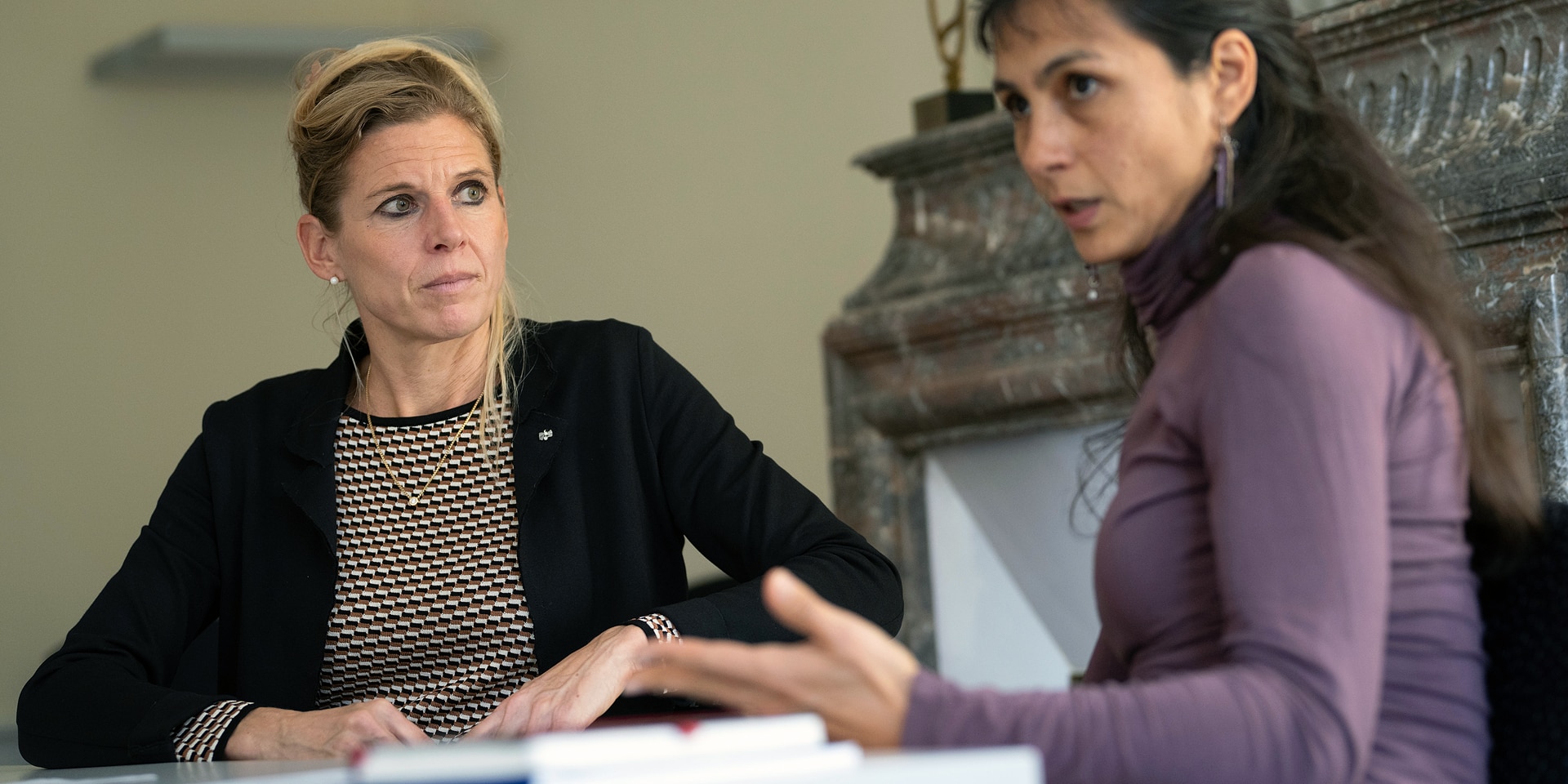EU normalisation process
The joint statement on missing persons is part of the Ohrid Agreement of 2023, which provides for the sustainable normalisation of relations between Serbia and Kosovo. Since 2011, the two countries have been engaged in a dialogue moderated by the EU and supported by Switzerland. Normalisation of their relations will contribute to regional economic cooperation and the stabilisation of the region.






